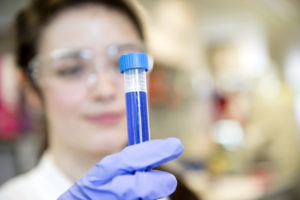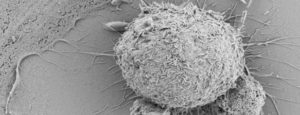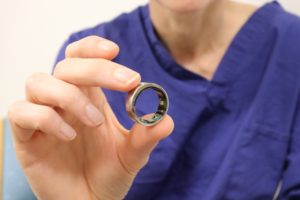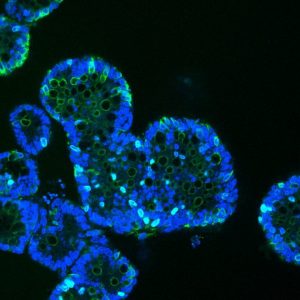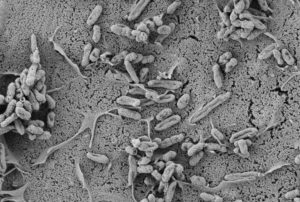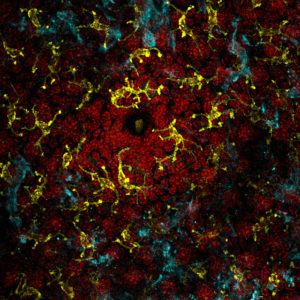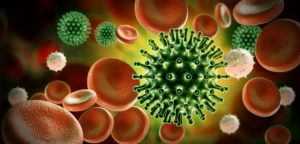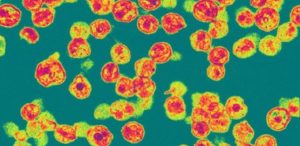Eight Oxford BRC proposals, many covering a number of themes, have been awarded NIHR Research Capability Funding (RCF) funding to take forward key areas of research. The selected projects that will be supported include: Developing a research centre devoted to urgent and acute careThe ... READ MORE
Eight BRC projects get RCF funding
· Listed under Cancer, Cardiovascular Medicine, Digital Health from Hospital to Home, Gene and Cell Therapy, Genomic Medicine, Imaging, Inflammation across Tissues, Metabolic Experimental Medicine, Molecular Diagnostics, Multimorbidity and Long-Term Conditions, Preventive Neurology, Surgical Innovation, Technology and Evaluation, Translational Data Science


